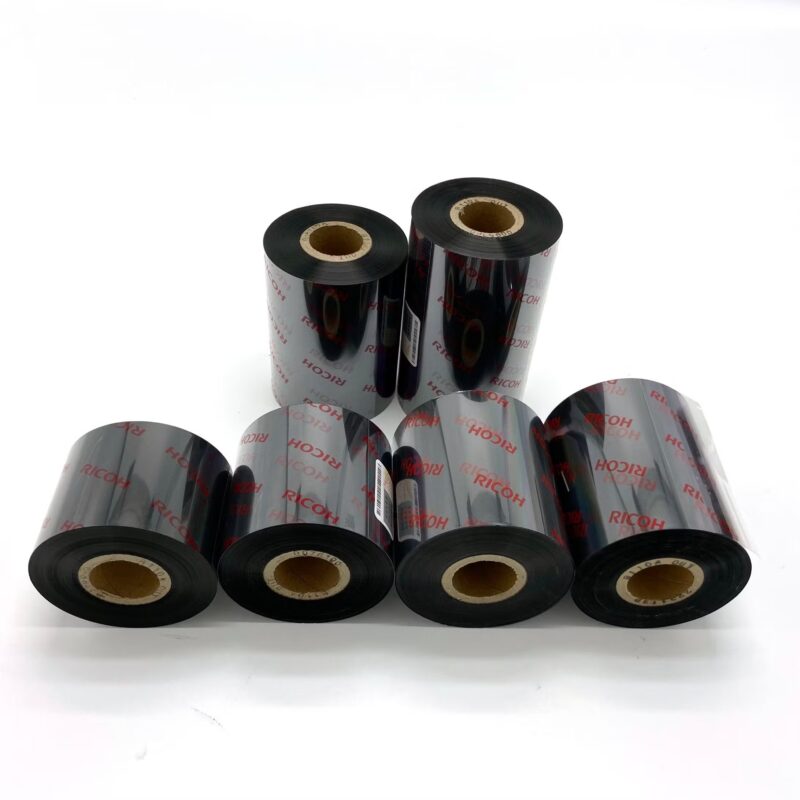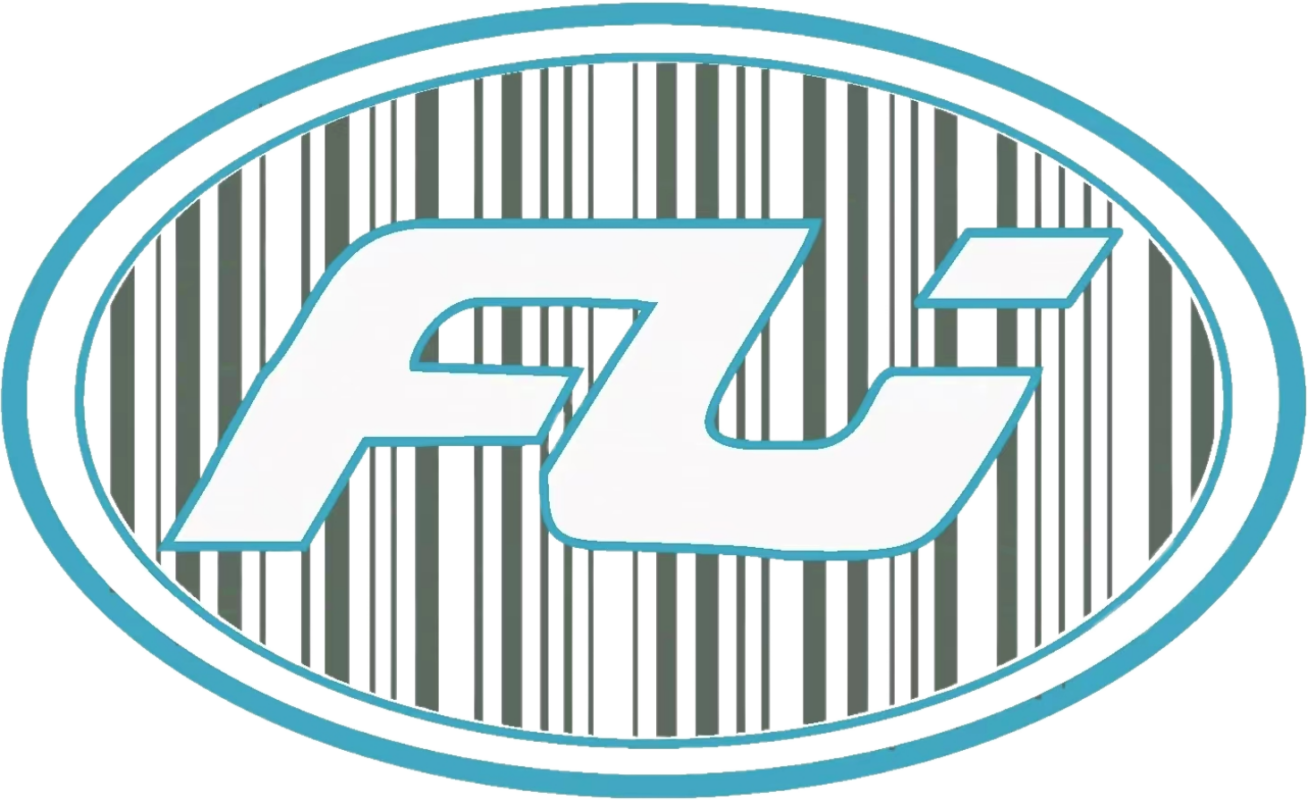Blog
What Are 3D Labels and How Do They Work with UV Transfer Technology?
Product packaging in modern competitive markets functions as a dynamic branding instrument beyond its traditional role. The creation of 3D labels using UV transfer technology stands out as one of the most exciting advancements in product labeling. The exceptional visual depth, texture, and durability of these labels makes them perfect for luxury goods as well as consumer electronics and cosmetics industries that want to stand out visually.
Distributors, private label suppliers, and packaging sourcing managers who understand how 3D labels operate and why UV transfer technology dominates will make smarter procurement choices while maintaining a competitive edge.
What Are 3D Labels?
Definition
Specialty adhesive 3D labels feature raised textures and layered effects which generate a three-dimensional look. Consumers find these labels appealing because they deliver enhancements through both sight and touch.
Key Features
- Elevated surface texture (doming, embossing, layering)
- Glossy, semi-gloss, or matte finishes
- The creation of visual depth in labels occurs through techniques like multilayer printing as well as UV spot varnish application.
- Applied on flat or curved surfaces
What Is UV Transfer Technology?
Process Overview
The UV transfer technology employs ultraviolet light to harden inks and varnishes sequentially which results in detailed embossed label surfaces. During the UV transfer process the image moves from a release film onto the product surface while the design stays on the surface.
Benefits of UV Transfer
- No background film remains—clean and premium finish
- Exceptional edge definition
- The technology stands up to water exposure and remains stable through heat application while resisting both friction wear and chemical contact.
- UV transfer printing works for materials like PET, ABS, PC, glass, metal and paperboard among others.
How 3D UV Labels Differ from Flat or Traditional Stickers
| Feature | 3D UV Labels | Traditional Stickers |
|---|---|---|
| Texture | Raised, tactile | Flat surface |
| Durability | High (scratch, UV, moisture resistant) | Moderate |
| Appearance | Glossy or domed 3D effects | 2D prints |
| Substrate Compatibility | Curved/complex surfaces | Flat surfaces only |
| Design Depth | High—layered visual feel | Single-layer graphics |
Common Materials Used in 3D UV Labels
Substrate Types
- PET film
- Synthetic paper
- PVC
- Coated cardboard
Adhesives
- Pressure-sensitive (permanent)
- Heat-activated adhesives
- Removable adhesives (for promotional use)
Finishing Options
- Gloss UV varnish
- Matt + Spot UV
- Hot stamping or foil effects
Where Are 3D UV Labels Commonly Used?
1. Cosmetics and Skincare
- Bottle logos and brand emblems
- Jar cap seals
- 3D floral patterns on luxury skincare boxes
2. Consumer Electronics
- Logo badges on phones, tablets, chargers
- Raised icons or model names on packaging
3. Fashion and Accessories
- Leather bags and apparel tags
- Shoe boxes and hang tags
4. Beverages and Spirits
- Wine and liquor bottles use metallic seals with three-dimensional designs.
- Textured vintage branding for craft brews
5. Specialty Promotional Products
- Holiday-themed packaging
- Limited edition product marks

Advantages of 3D Labels for Branding
Enhanced Shelf Appeal
The combination of raised elements and glossy finishes captures viewer attention from afar in store aisles.
Premium Perception
Products with 3D labels demonstrate superior quality and exclusivity qualities that elevate customer perceptions of value.
Customization
Enables printing with variable data while also providing unique shape options and color matching functions.
Brand Recall
Tactile experiences create longer-lasting consumer memories.
How to Design Effective 3D UV Labels
Step 1: Define Application Surface
- What types of containers will receive label application: flat, curved, or squeezable ones?
Step 2: Choose Effects
- Embossed logos
- Metallic foils
- Spot UV coating for contrast
Step 3: Select Materials
- Transparent PET for clean transfer
- Textured papers for added tactile feedback
Step 4: Artwork Preparation
- Vector artwork (.AI, .EPS) preferred
- Define raised areas clearly in design file
Production Considerations
Minimum Order Quantities (MOQ)
- Production begins with quantities between 5,000 and 10,000 items based on design complexity.
Lead Time
- Production takes 10 to 20 business days which includes mold or tooling setup as necessary
Sampling
- Request a prototype to check color accuracy and measure adhesion and dimensional effects.
Best Practices for Applying 3D UV Labels
- Clean surface thoroughly before application
- Use rollers or squeegees for full adhesion
- Avoid extreme humidity during application
- Unused labels should be kept in an area that maintains both low temperatures and dry conditions
Compliance & Sustainability
- BPA-free materials available
- RoHS-compliant for electronics
- UV coatings use solvent-free, energy-efficient curing
Conclusion
3D labels made using UV transfer technology provide businesses with powerful tools to enhance packaging designs and target premium markets with distinctive products. The combination of their toughness and complex design features along with their tangible benefits make these labels crucial for sectors where brand image is fundamental.
Both distributors aiming to boost their clients’ brand presence and manufacturers looking to establish product distinction benefit from high-quality 3D UV labels because they deliver reliable long-term performance and customer satisfaction.
Frequently Asked Questions (FAQ)
Are 3D labels only for luxury brands?
No. While popular in premium segments, they are increasingly used in mid-tier brands to enhance perceived value.
Can I apply 3D UV labels to plastic or glass?
Yes. UV transfer labels work on plastics like PET and ABS, as well as glass, metal, and paper.
What’s the durability of 3D UV labels?
They are highly durable—resistant to UV exposure, water, abrasion, and chemicals.
Are 3D UV labels waterproof?
Yes. Once cured and applied, they are fully water-resistant and ideal for high-humidity environments.
How customizable are 3D labels?
Very. You can customize shapes, colors, finishes, textures, and add elements like barcodes or logos.
Looking for a trusted manufacturer of 3D UV Transfer Labels?
Contact us today to explore material options, request free samples, or get a custom quote for your brand.
📧 Email: sales@foyottr.com
📞 Tel: +86-592-6018318
🌐 Visit: https://foyottr.com

